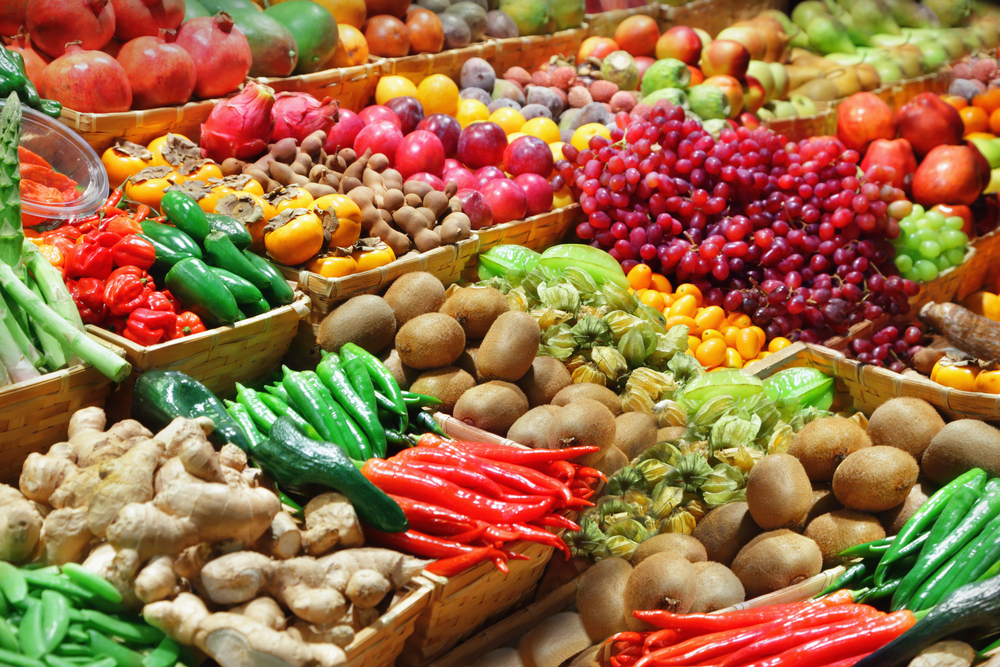
There are a lot of different foods out there that help to promote good eye health, but how many do you know about? In this article we talk about some of these foods and how they can be beneficial to your daily diet.
Orange Vegetables
I’m sure you remember at least one person telling you when you were a child that “you need to eat your carrots because it’s good for your eyes!” The reason we were all told this as children is that carrots and other orange vegetables contain high levels of beta-carotene, a type of vitamin A that plays a key role in powering your vision. It is also no coincidence that all orange vegetables are good for your eyes, because beta-carotene is also what makes vegetables have an orange hue.
Leafy Greens
This is a very broad category, essentially if it’s a vegetable and its green chances are it has got lutein and zeaxanthin in it. Lutein and zeaxanthin are carotenoids—a class of more than 600 naturally occurring pigments synthesized by plants—that help filter out harmful blue wavelengths of light. Lutein and zeaxanthin are the only carotenoids that are deposited in high quantities in the retina of the eye. Leafy greens act as an antioxidant of sorts for your eyes which helps to prevent macular degeneration and cataracts. So make sure not to forget to eat your spinach!
Eggs
The yolk of an egg is high in lutein, zeaxanthin, and zinc. We discussed the benefits of lutein and zeaxanthin above, but zinc is another nutrient that is considered to be good for your eyes. Much like lutein and zeaxanthin, it said to help prevent macular degeneration and cataracts, but as an added benefit it can also help with night blindness.
Citrus
Oranges and grapefruits are just a couple of the citrus fruits out there that are jam packed full of vitamin C. Why is this important for eye health? Because vitamin C does a lot more than just help you get over the common cold. Virtually every cell in the body depends on vitamin C, this includes those of the eye. It helps support the health of your ocular blood vessels. Having a little citrus every day can help prevent age-related macular degeneration and glaucoma.
Blueberries
Within these little berries lies: vitamin C, vitamin A, vitamin E, and zinc. Some could consider the blueberry to be a “jack of all trades” in regards to the nutrients it provides.
- Vitamin C, as discussed above, is said to help prevent glaucoma and age-related macular degeneration
- Vitamin A (which beta-carotene stems from) can help prevent dry eyes, and generally promotes good eye health
- Vitamin E may help prevent the formation of cataracts and the clouding of the eye lens
- Zinc, as discussed above, can help protect your eyes against macular degeneration and glaucoma, as well as reduce night blindness
Blueberries are great antioxidants for your entire body, and they are fantastic in a bowl of cereal.
Almonds
One handful of almonds (approximately an ounce) provides about half of your daily vitamin E. As covered in the blueberry portion of this article; Vitamin E can help prevent the formation of cataracts and the clouding of the eye lens.
Fatty Fish
This may not sound the most appetizing, but you might be surprised to learn that some of the post popular fish out there are fatty fish. Tuna, salmon, mackerel, anchovies, and trout are all considered to be fatty fish, making them rich in docosahexaenoic acid (DHA)—an omega-3 fatty acid that is a primary structural component of the retina. If you suffer from low levels of DHA in your diet, you might have issues with dry eye syndrome.
So there you have it! While including all of these foods into your diet may not ensure perfect eye health, the fact remains that eating healthy does help to ensure a better quality of life.



